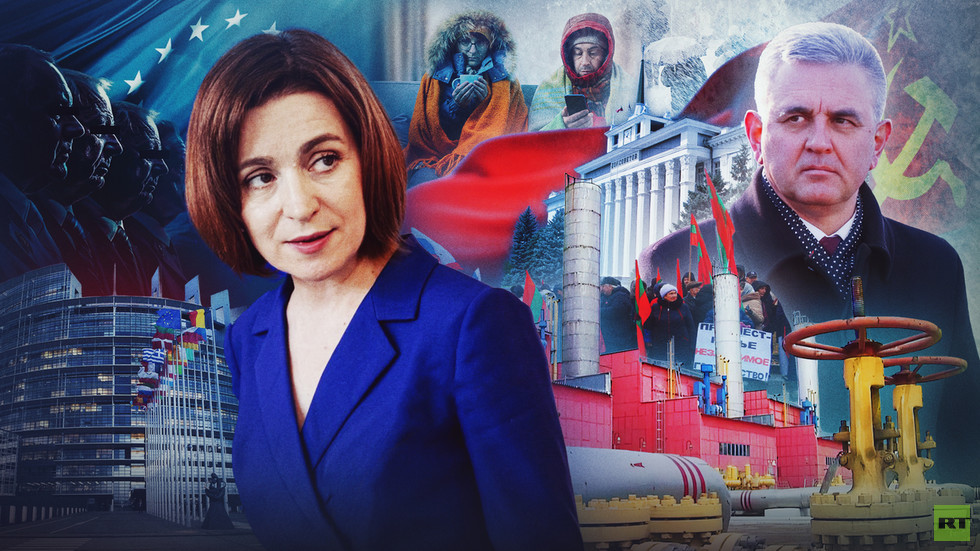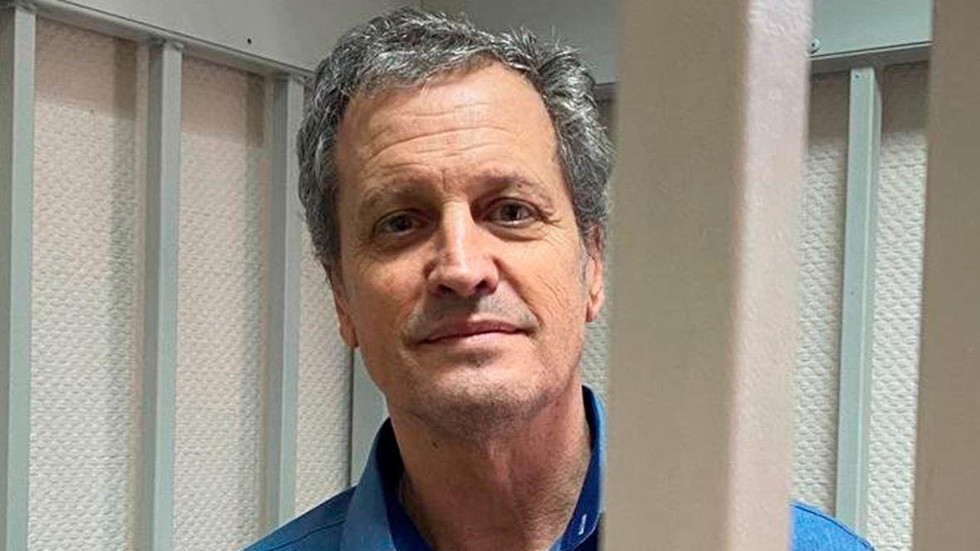Pavel Sorokin, Russia’s first deputy energy minister, said supplies to India, a key market for Russian crude, will continue despite Western pressure
Russia will continue supplying oil to global markets despite sanctions pressure, First Deputy Energy Minister Pavel Sorokin has insisted. Speaking at India Energy Week in New Delhi on Tuesday, Sorokin noted that while the impact of latest sanctions imposed by the outgoing Joe Biden administration last month remains to be assessed, Moscow will continue strengthening its energy ties with India, Russia’s key customer for crude.
“We are pragmatic. We value our relationships, and we will continue to supply the market. Our resources are competitive from an economic standpoint. Regardless of the pressure applied, we will remain in the market with a pragmatic approach, keeping politics out of it,” Sorokin told the conference, according to Interfax news agency.
He also noted that Western sanctions have taken a toll on the global economy with “tens of billions of dollars” taken away from developing economies, besides increasing costs of capital “for everyone in this industry.”
Speaking to TASS, Sorokin said Moscow expects to “maintain relations and preserve interactions” with New Delhi. “We consider sanctions to be an illegitimate and illegal tool, and we build our relations taking existing constraints into account, but in a bilateral format. We are grateful to our partners for the existing cooperation,” he added.
A day earlier, Russian Deputy Foreign Minister Andrey Rudenko stated that the scale of energy cooperation with India is actively expanding despite US sanctions. “We are closely monitoring Washington’s efforts in the region aimed at discrediting Russia as a reliable supplier of energy resources to India. In response, we are implementing necessary countermeasures,” Rudenko told Interfax.
Indian Oil Minister Hardeep Singh Puri posted on X on Tuesday that he had a meeting with Sorokin, during which both sides “reviewed our ongoing cooperation in both the upstream and downstream sectors” and explored opportunities for further collaboration.
In a meeting with the First Deputy Minister of Energy of the Russian Federation HE Mr Pavel Sorokin, we took forward the recent discussion I had with his senior minister and reviewed our ongoing cooperation in both the upstream and downstream sectors, and explored opportunities… pic.twitter.com/IldKr9uuCS
— Hardeep Singh Puri (@HardeepSPuri) February 11, 2025Despite Western pressure, India has maintained strong ties with Russia since the Ukraine conflict escalated in 2022.
New Delhi has resisted joining the West’s sanctions against Moscow, instead opting to strengthen economic cooperation, particularly in the energy sector. As a result, India has become one of the largest purchasers of Russian oil, with bilateral trade surging to over $65 billion in the 2023-2024 financial year, a more than fivefold increase from 2021.
The US announced large-scale sanctions against the Russian oil sector in early January, targeting oil and gas exporters and the so-called “shadow fleet” of oil tankers transpiring crude – a move affecting India which depends on sea transportation of imported energy.
Meanwhile, Indian officials, too, have stated that no disruption to its Russian oil imports are expected at least until March, when the new restriction will take effect. Head of state-owned Indian Oil Corporation (IOC) Arvindar Singh Sahney told PTI agency on Tuesday that the company is buying “clean Russian crude oil” that does not risk running foul of US sanctions going forward. Sahney also told reporters that in case of any “shortage” from Russia, Indian firms will seek additional oil from the Middle East and other parts of the world.

 3 hours ago
3
3 hours ago
3









